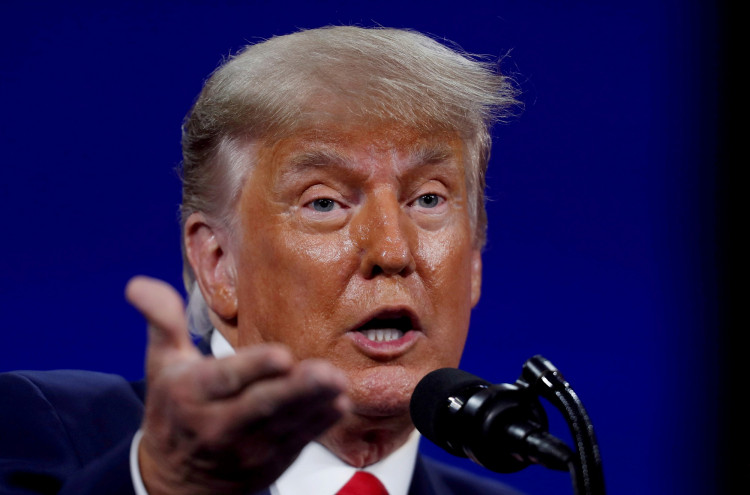The ongoing defamation trial involving former President Donald Trump and E. Jean Carroll in New York faced an unexpected delay on Monday. The postponement was due to a juror's illness and concerns over potential COVID-19 exposure, adding a new twist to this high-profile legal battle.
Trump's attorney, Alina Habba, reported feeling feverish and revealed that one of her parents had tested positive for COVID-19. Despite testing negative for the virus that morning, along with co-counsel Michael Madaio, Judge Lewis Kaplan decided to postpone the day's proceedings. Both Trump, 77, and Carroll, 80, were present in court when the decision was announced.
The delay comes at a critical juncture in the trial, initially set to determine the amount Trump must pay Carroll for defamation. This trial follows a previous verdict where Trump was found liable for sexually abusing Carroll in the 1990s and defaming her in 2019 and 2022. Trump has appealed the verdict that ordered him to pay Carroll $5 million in the earlier case.
Habba requested to call Trump as a witness on Wednesday, citing the New Hampshire primary's significance for Trump as the Republican frontrunner. This request aligns with Trump's political commitments, given his status in the presidential primary race, especially after Florida Governor Ron DeSantis's recent withdrawal.
However, Carroll's lawyer, Robert Kaplan (no relation to Judge Kaplan), opposed any delays beyond Tuesday. "We would like to get this trial over," stated Roberta Kaplan, indicating a desire for a swift resolution. Judge Kaplan remained non-committal, suggesting that the trial's resumption could go either way.
This legal saga, which has garnered nationwide attention, focuses on Carroll's allegations that Trump defamed her by denying her accusations of rape in a New York department store in the mid-1990s. Trump's defense has centered on challenging these claims, with the trial's outcome potentially having significant implications for both parties.
The case is not only about the alleged incident but also about the broader context of Trump's statements and actions while holding presidential office. As the trial progresses, it continues to capture the public's attention, underscoring the ongoing legal challenges faced by the former president.
The trial's postponement underscores the complexities of conducting high-profile legal proceedings amid ongoing public health concerns. It also highlights the challenges faced by the judiciary in balancing legal processes with the health and safety of all involved.






